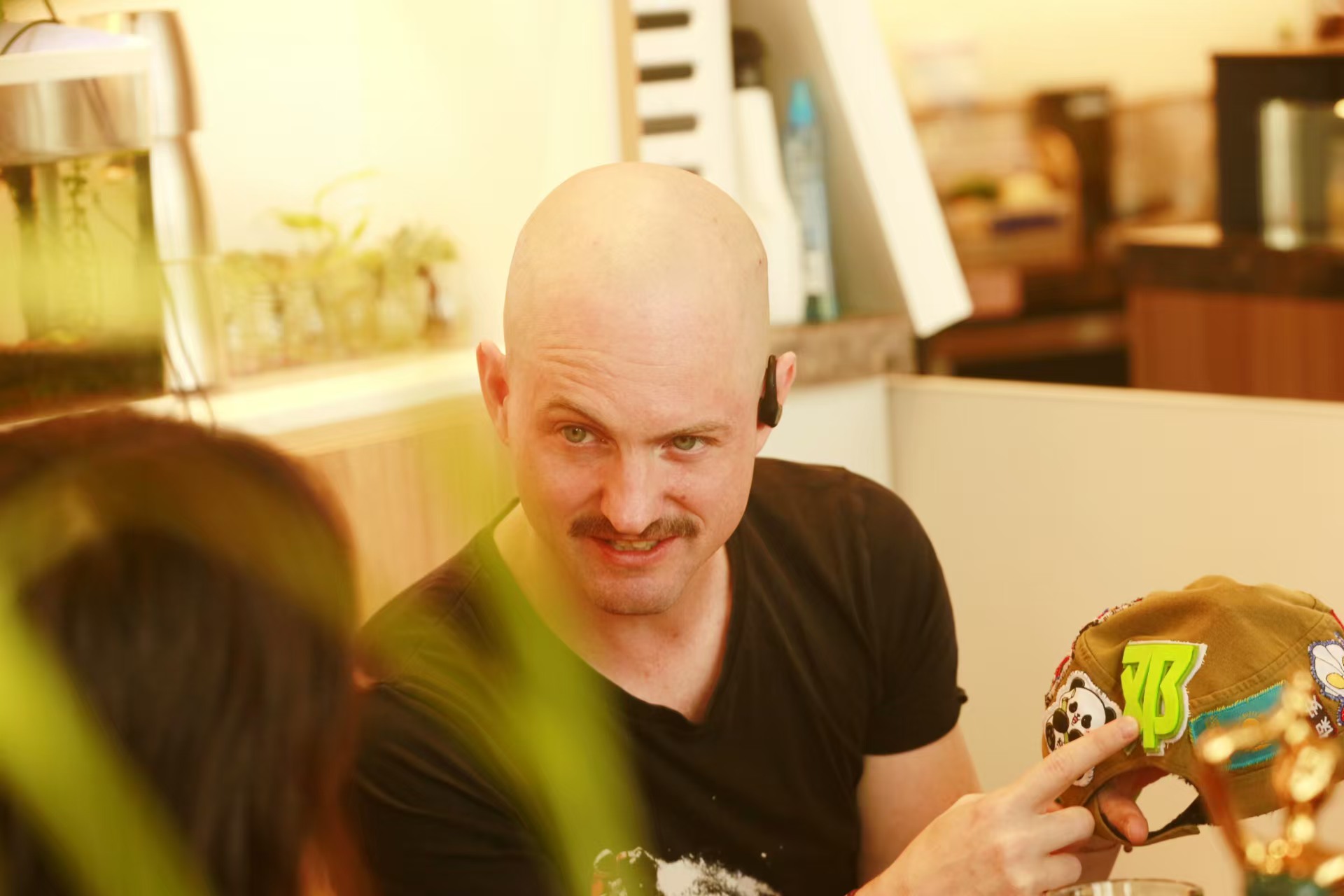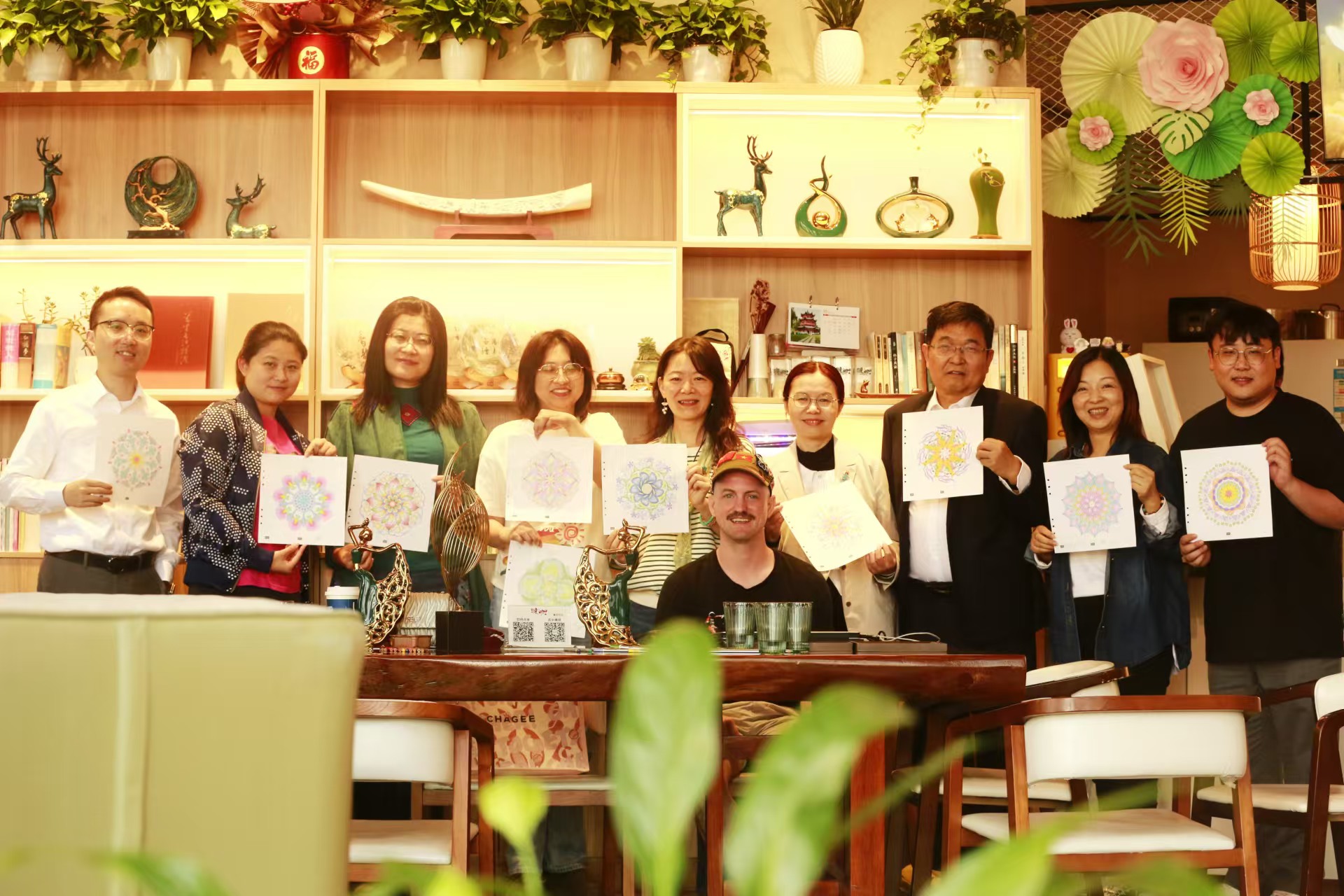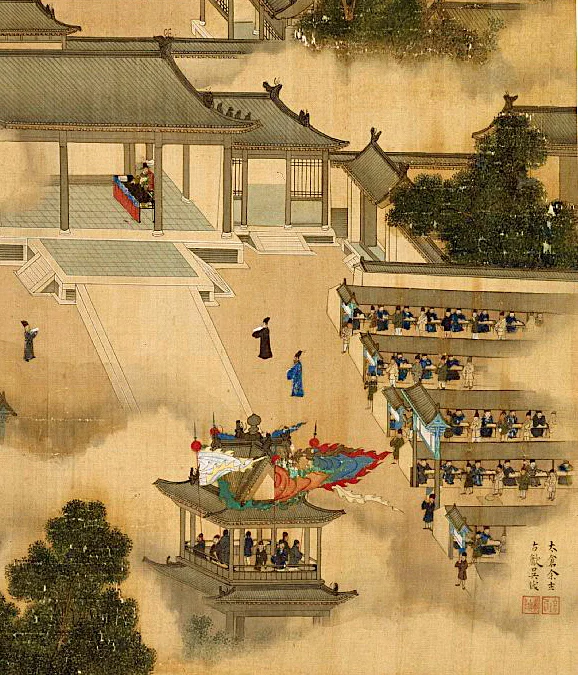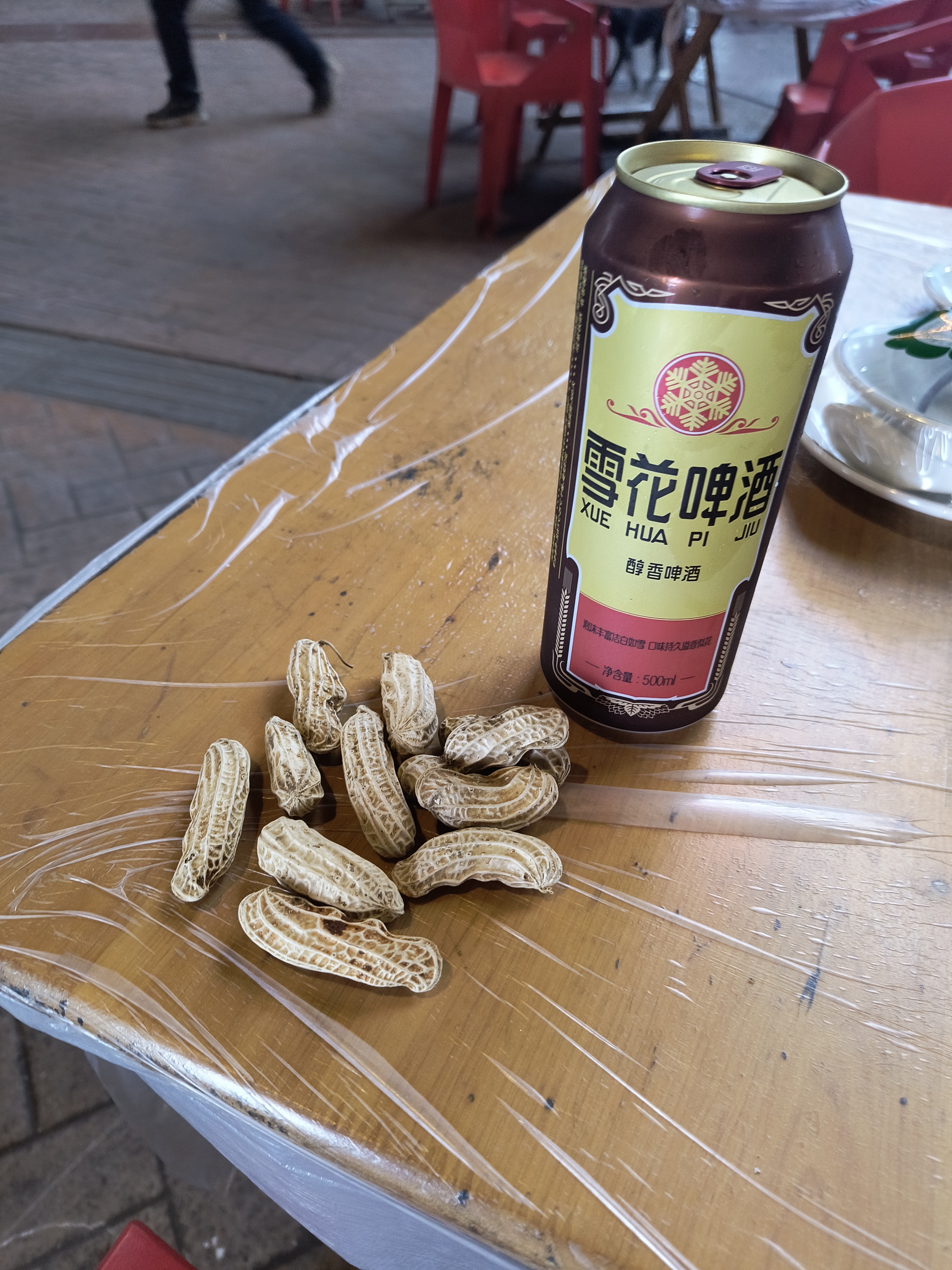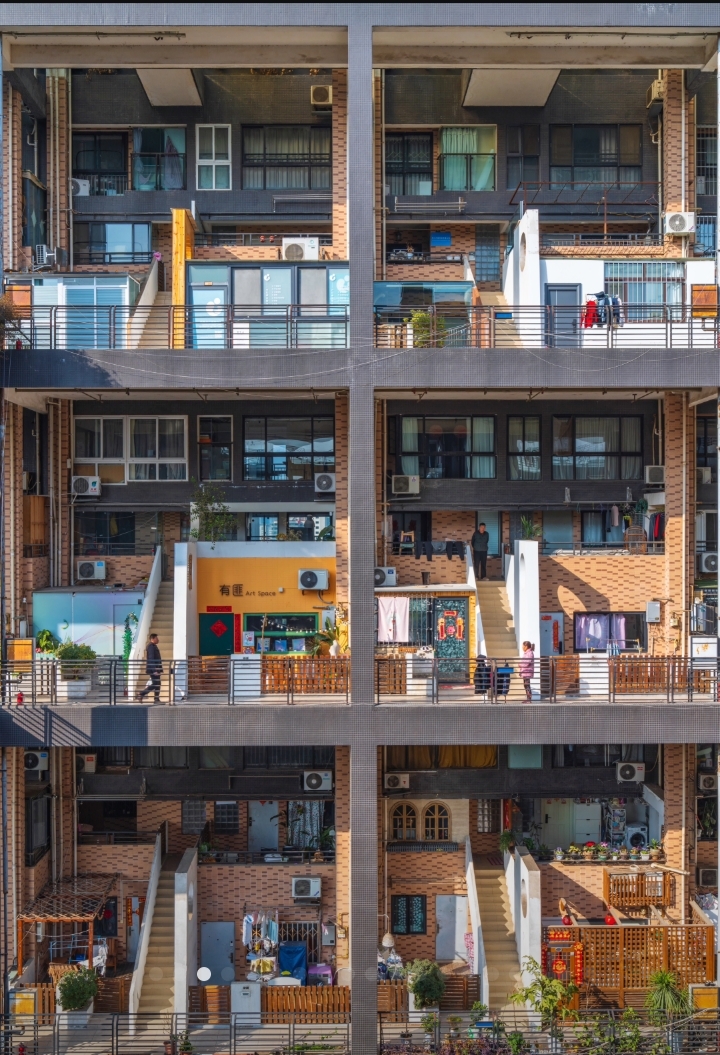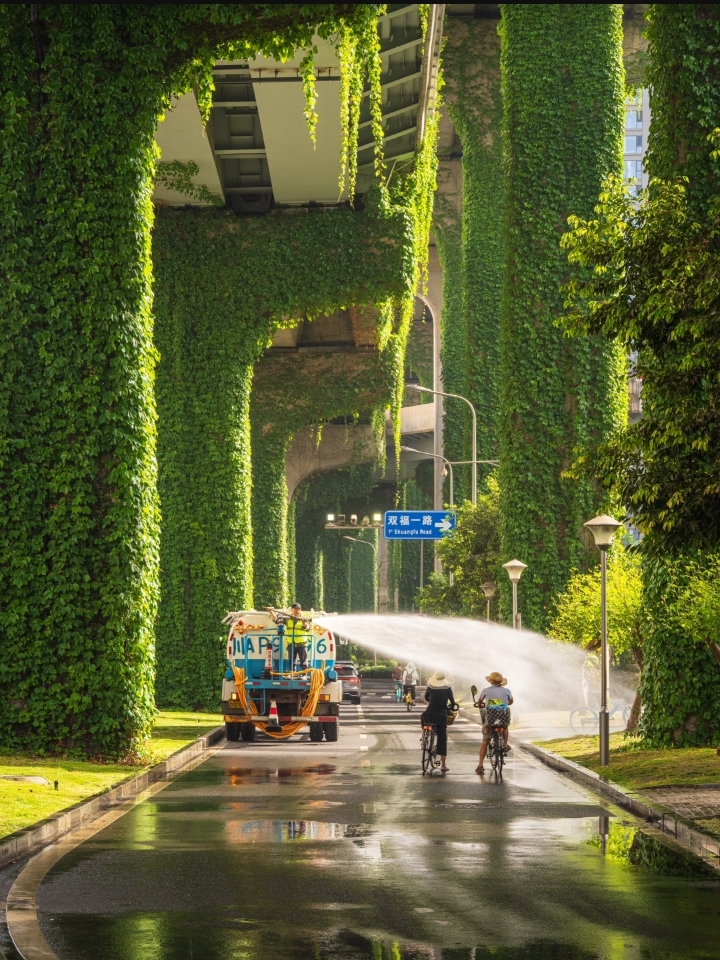The civil service examinations of Imperial China allowed the state to find the best candidates to staff the vast bureaucracy that governed China from the Han Dynasty onwards (206 BCE - 220 CE). The exams were a means for a young male of any class to enter that bureaucracy and so become a part of the gentry class of scholar-officials. The exams had multiple levels and were extremely difficult to pass, requiring extensive knowledge of Confucian classics, law, government, and oratory amongst other subjects. For the state, the system supplied not only able candidates who were selected on merit but also ensured an entire class developed which had sympathy with the ruling status quo. The exams were in place for over a thousand years and are the principal reason why education is still particularly revered in Chinese culture today.
Historical Development
The idea of recruiting officials to staff the imperial bureaucracy developed from the Han Dynasty. An Imperial Academy had been established in 124 BCE for scholars to study in depth the Confucian and Taoist classics, and by the end of the Han period, this institution was training an impressive 30,000 students each year. In general, the state held the view that education was a mark of a civilised society and in order to get the best administrators to run China's vast territories efficiently, an entire class of scholar civil servants was required. This view would prevail under varying dynasties right up to the mid-20th century CE. From the early 8th century CE the military had its own separate set of examinations.
The rulers of the Sui Dynasty (581-618 CE), who had once again unified China, were keen to further improve and centralise the traditional administration system set up by the Han. There was now a much greater emphasis not on an officials' family connections and their letters of recommendations from powerful friends but on the abilities demonstrated in their performance in civil service examinations held in the capital. These examinations combined elements from tests used in previous regimes such as questions on government and knowledge of the classics of Chinese literature, especially those on Confucianism.
Emperor Gaozu (r. 618-626 CE), founder of the Tang dynasty (618-906 CE) continued with the same policy and added further refinements such as testing a candidate's speaking skills. The examinations themselves were now more sophisticated with both regularly held ones and special event exams to weed out the very best recruits. Now fully established, the civil service examinations tested a young man's knowledge of the following:
- writing and calligraphy
- formal essay writing techniques
- classic literature
- mathematics
- legal matters
- government matters
- poetry
- clear and coherent speaking
Examinations were initially organised by the Board of Civil Office and thereafter by the Board of Rites, they were held annually, and they attracted up to 2,000 candidates. Extremely testing, only about 1% of examinees actually passed, although it was possible to retake the examinations an unlimited number of times. Those who passed then faced another examination at the Board of Civil Office.
During the Song dynasty (960-1279 CE) the examinations were restructured to meet greater demand - five times that seen during the Tang. Now a qualifying examination was imposed to select those candidates more likely to do well in the examinations proper.
There also began in this period certain measures to limit (but certainly not eliminate) corruption such as the introduction of anonymous marking, the use of a number instead of a candidate's name to avoid bias, and, in the case of the second and third level exams, even the copying of handwriting by a clerk to disguise who had answered the papers.
As if the prize ticket of a place in the state apparatus were not enough of an inducement to candidates, there were other benefits, too. Successful candidates were allowed to wear certain robes which became status symbols in wider society, they were given certain tax benefits, and their new status meant they avoided corporal punishment for some criminal offences.
When the Mongols ruled China during the Yuan Dynasty (1276-1368 CE) the exams were first cancelled altogether and then reinstated but with quotas based on a candidate's ethnicity - Han Chinese were only allowed 25% of the exam places. The civil service examination system was fully revived, though, in 1370 CE under the Ming dynasty (1368-1644 CE). Adding their own refinements to the traditional setup of previous Chinese dynasties, the Ming introduced a geographical quota system so that the richer regions did not, as was previously the case, dominate all the positions in the civil service. Meanwhile, the increase in the number of schools meant children with parents who could not afford private tuition could now, at least in some areas, receive the essential education necessary to prepare for the exams.
Under the Qing dynasty (1644-1911 CE) yet another layer of complication was added to the exam system. An examination for younger boys, which they had to pass in order to be eligible to take the level one regional civil service exam, was introduced. The Qing also added another level at the other end of this academic obstacle course. Now candidates who passed the level three palace exam had to do yet another written test, this time set by the emperor himself. The good news was that success in this final paper meant an immediate senior appointment.
Qing abolished the civil service exams system in 1905 CE. Its legacy remains, though, in the particularly high regard, indeed, almost reverence with which education is held in Chinese culture today.
Full article WHE
Megathreads and spaces to hang out:
reminders:
- 💚 You nerds can join specific comms to see posts about all sorts of topics
- 💙 Hexbear’s algorithm prioritizes comments over upbears
- 💜 Sorting by new you nerd
- 🌈 If you ever want to make your own megathread, you can reserve a spot here nerd
- 🐶 Join the unofficial Hexbear-adjacent Mastodon instance toots.matapacos.dog
Links To Resources (Aid and Theory):
Aid:
Theory:
